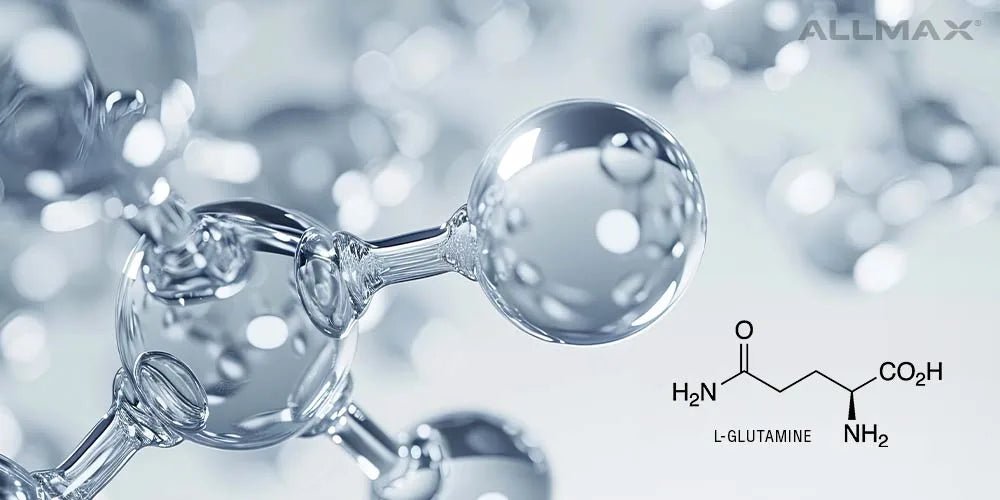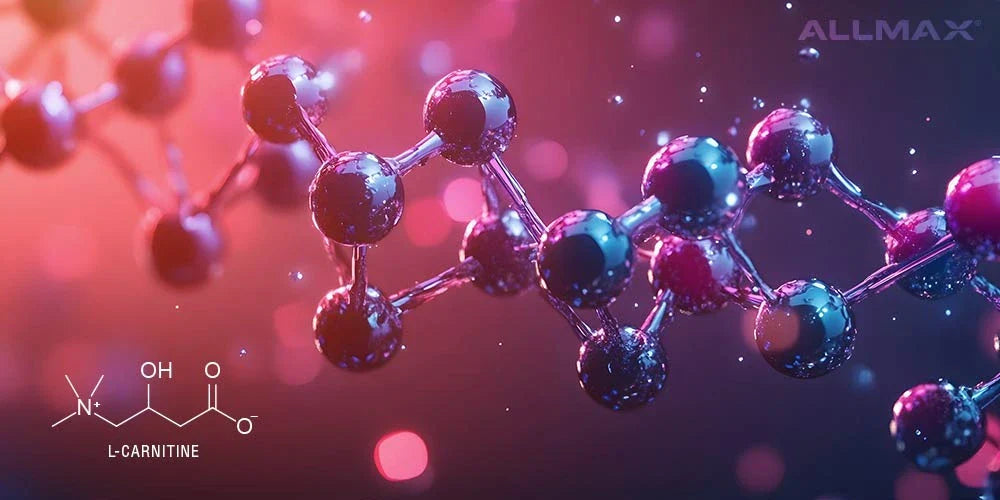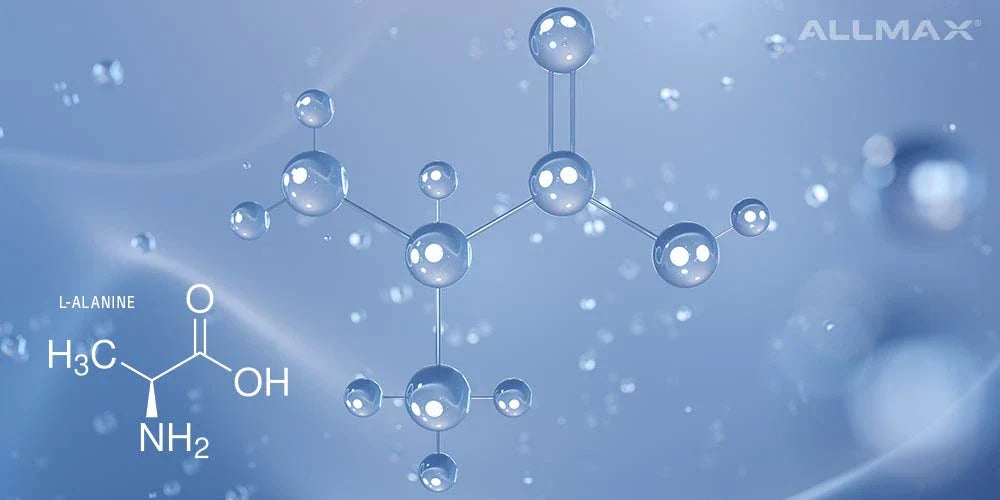L‑Glycine stands out as a simple yet powerful amino acid that supports muscle metabolism, recovery, and athletic performance. While the body produces it, athletes may gain from targeted supplementation—especially before training or sleep—to help boost endurance and regeneration.
What is L-Glycine?
Professional athletes and active individuals often seek every edge in recovery and performance. Glycine, an amino acid with emerging evidence on muscle support and sleep enhancement, is gaining attention as a potential ergogenic aid.
Glycine is the smallest amino acid in the body. Although classified as non-essential—meaning your body can synthesize it—it plays multiple roles in training adaptation:
Building collagen for joints and connective tissue
Acting as an inhibitory neurotransmitter to promote calmness and rest
Supporting energy metabolism and amino acid transport
What does L-Glycine do?

For athletes, glycine has several proposed functions:
Activates anabolic pathways in muscle cells and suppresses proteolytic gene expression (which can help reduce breakdown).
Enhances cytoprotection and antioxidative capacity to minimize muscle damage and support regeneration.
May improve peak power and delay lactate accumulation during high‑intensity work.
Product Contains L-Glycine
Benefits of L-Glycine

Here’s why glycine may be of interest to sports performers:
Muscle Recovery & Regeneration. Glycine supports protein synthesis and tissue repair. It helps protect muscle cells from inflammation and damage post-workout, speeding recovery between sessions.
Strength & Muscle Growth. By enhancing anabolic signalling and reducing proteolysis, glycine may contribute to muscle strength gains—though most evidence remains from cell and animal studies.
Endurance & Power Output. Supplementation has been linked with better power performance and reduced lactic acid buildup during intense workouts. For those seeking an energy boost during workouts, using performance products with L-Glycine, such as the ACUTS Amino Energy Drink, can enhance endurance and recovery.
Sleep Quality & Recovery. Glycine acts as a neurotransmitter that supports deeper, more restorative sleep—an essential factor in effective athletic recovery..
Metabolic & Cytoprotective Support. Glycine has been shown to help regulate inflammation and support metabolic health, which are factors that may enhance training adaptations in athletes experiencing elevated physiological stress.
Side Effects of L-Glycine
Most people generally tolerate glycine well at recommended doses. Potential side effects include:
GI discomfort or soft stools at higher amounts.
Rare reports of mild nausea.
Rare associations with stroke-related outcomes at very high intake levels — though evidence is limited and retrospective.
Glycine Foods: Natural Dietary Sources
Although supplementation is often needed to reach therapeutic levels, several foods naturally contain glycine—especially those rich in collagen and connective tissue proteins. These include:
Gelatin and bone broth – among the richest sources of glycine
Collagen-rich cuts of meat – such as pork skin, chicken wings, or beef shank
Animal skin and cartilage – found in slow-cooked or stewed meat dishes
Eggs and dairy – contain smaller amounts
Legumes and spinach – plant-based sources, but with much lower glycine content
References:
Ramos-Jiménez, A., Hernández-Torres, R. P., Hernández-Ontiveros, D. A., Ortiz-Ortiz, M., López-Fregoso, R. J., Martínez-Sanz, J. M., ... & Hernández-Lepe, M. A. (2024). An update of the promise of glycine supplementation for enhancing physical performance and recovery. Sports, 12(10), 265.




